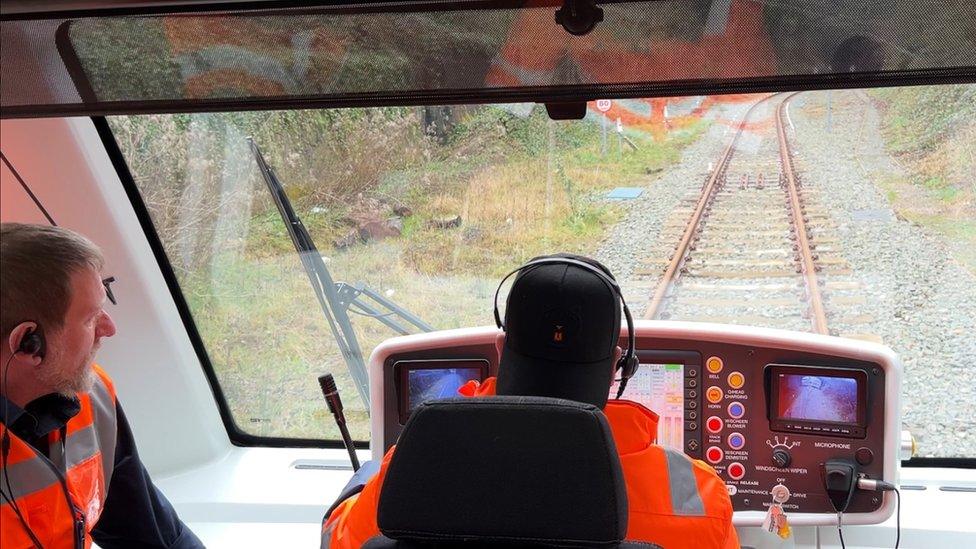New mayor outlines bus reform plans
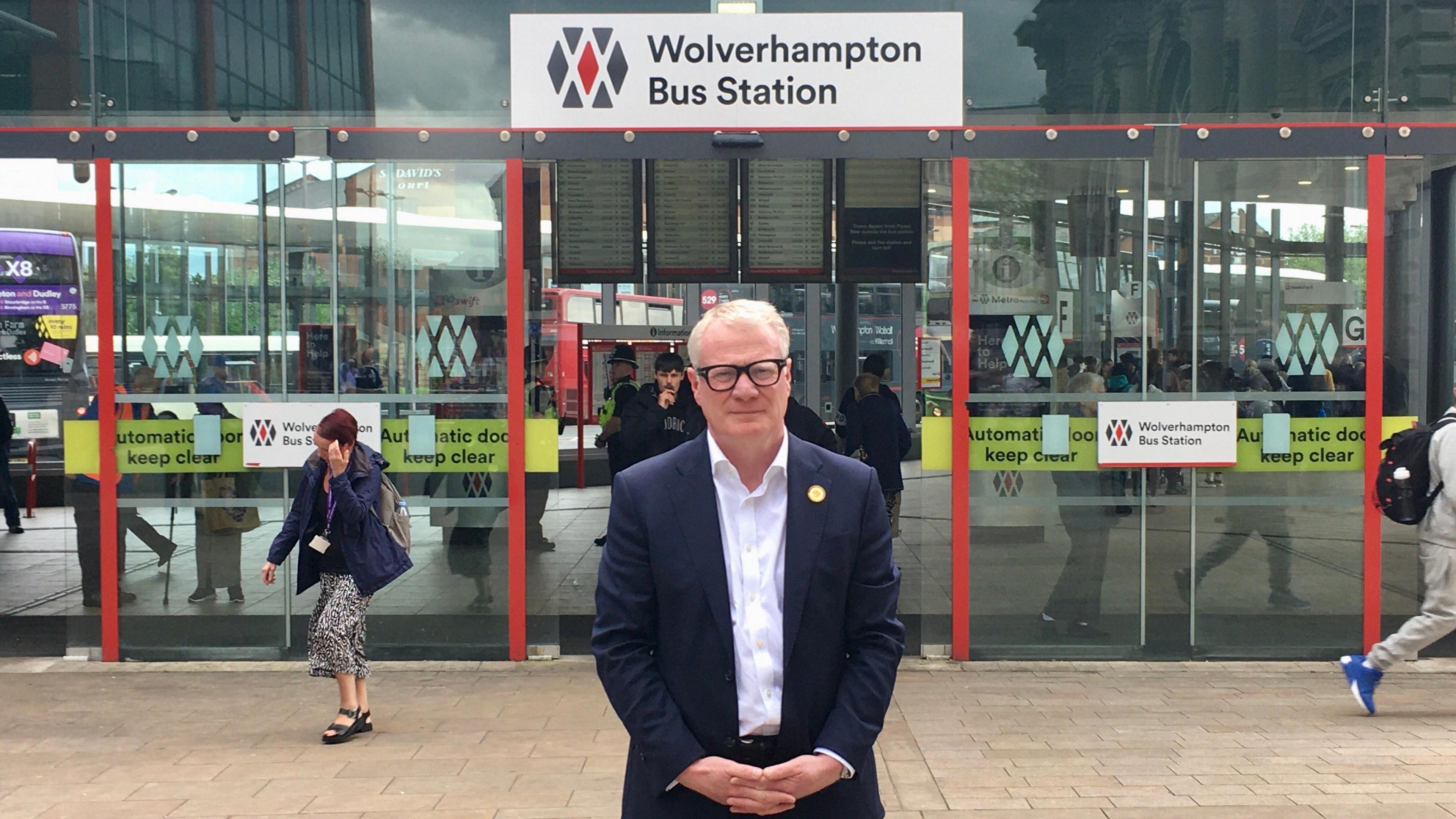
Labour's Richard Parker has pledged to overhaul how bus transport is delivered in the region
- Published
The newly elected West Midlands Mayor has given more detail on his plans to reform bus services in the region and revealed the extent to which public money is currently being used to subsidise the private sector.
A pledge to create a franchise system, to regain control over timetables, routes and fares while private contractors own and run the vehicles, was a key element of Richard Parker's election campaign.
West Midlands Combined Authority (WMCA), which oversees Transport for West Midlands (TfWM), provided £75m in subsidies to such contractors during the last 18 months.
Labour mayor Mr Parker, the authority's leader, said the approach was "unsustainable".
Subsidies have been in place since buses were deregulated in 1986, but TfWM said soaring costs in fuel, parts and engineers had seen them rise sharply.
Mr Parker said using taxpayers' money in that way had been necessary to stop routes being cut and to keep a cap on ticket prices.
But he added: "The current system isn't sustainable. It's not delivering for communities or businesses across the region."
He explained that under the regulation of WMCA, certain sums would be reinvested to help the customer.
"Currently, the surpluses made by private operators are distributed to shareholders in dividends," he said. "Under a franchise system, any operating surplus generated will be invested back into the system to improve services and keep fares down."
In 2 May's election, Mr Parker defeated incumbent Conservative Andy Street by a margin of 0.3% of the vote.
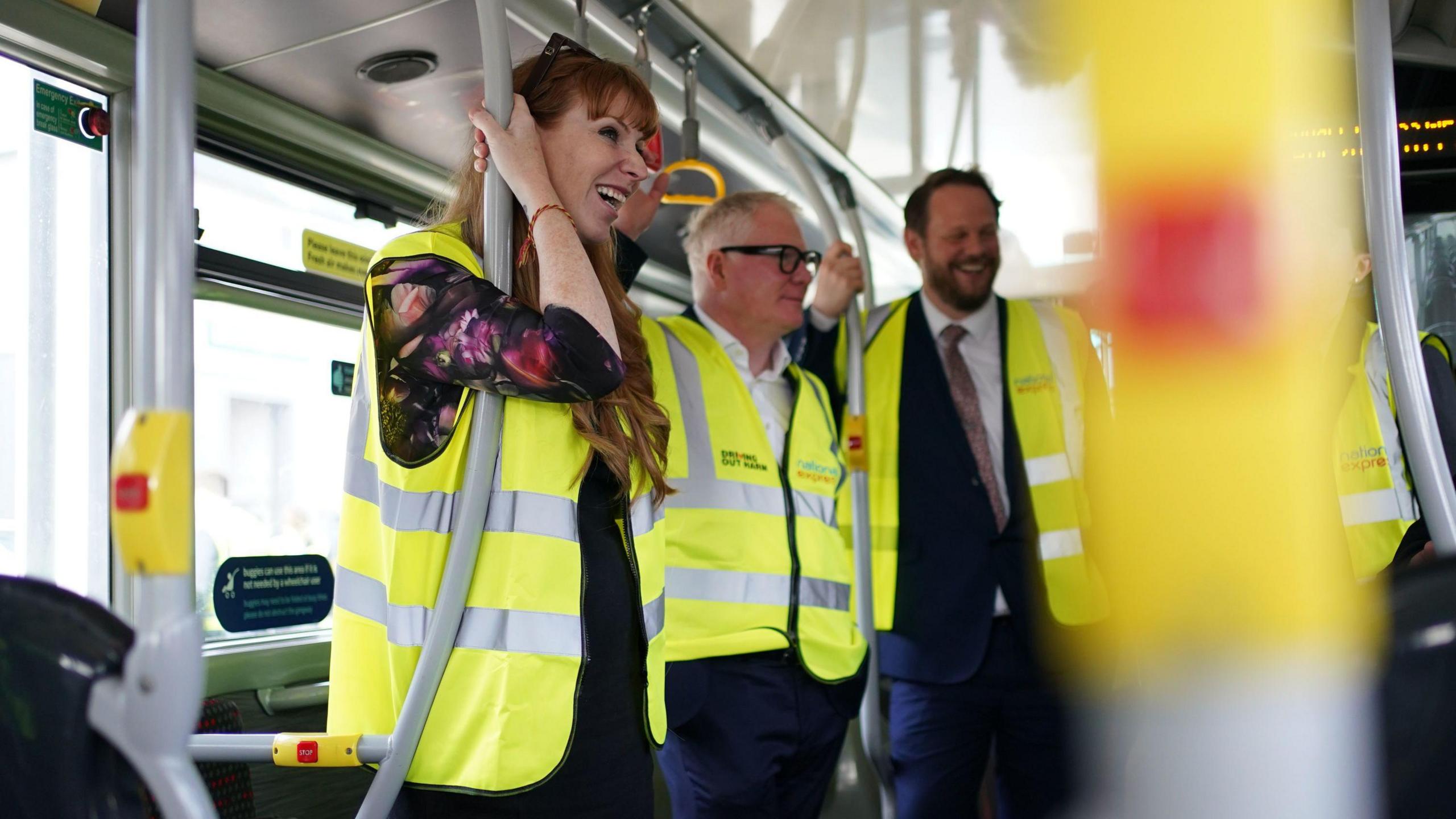
Labour's deputy leader, Angela Raynor, joined Richard Parker at a depot in Perry Barr during his election campaign
'Value for money'
About 260m passenger journeys are made on buses in the West Midlands each year.
The current subsidy agreement expires in January 2025. Mr Parker will take his proposal to the WMCA in July, at the same time as a review into bus services by TfWM is published.
An audit and consultation process would then take place.
Financial forecasters estimate the transition to a franchising model could take two years to complete and cost £25m.
Pete Bond, director of integrated network services for TfWM, described the process of calculating costs of the reform as "extremely difficult".
He said: "The bus network in the West Midlands is worth over a quarter of a billion pounds a year. What we're looking at is whether it can provide better value for money for taxpayers under a regulated system than a deregulated system."
Follow BBC West Midlands on Facebook, external, X, external, and Instagram, external, Send your story ideas to: newsonline.westmidlands@bbc.co.uk, external
Related topics
- Published7 May 2024
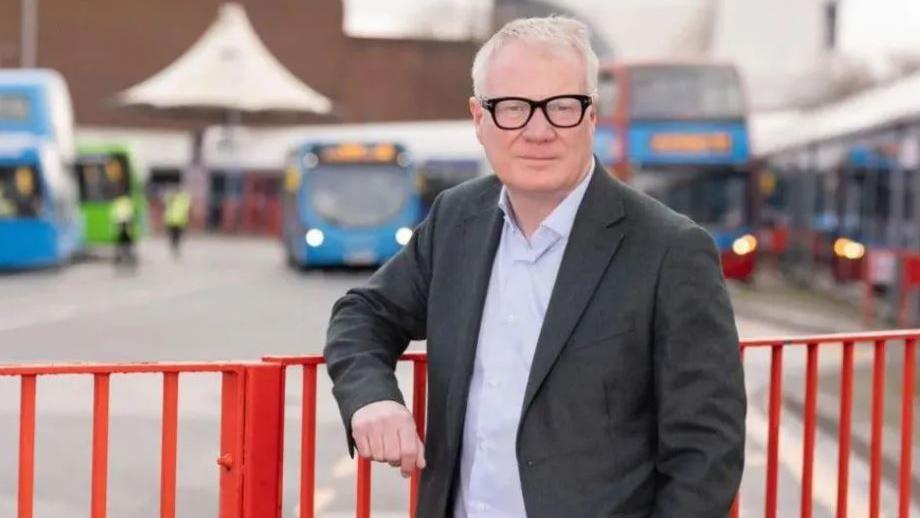
- Published5 May 2024
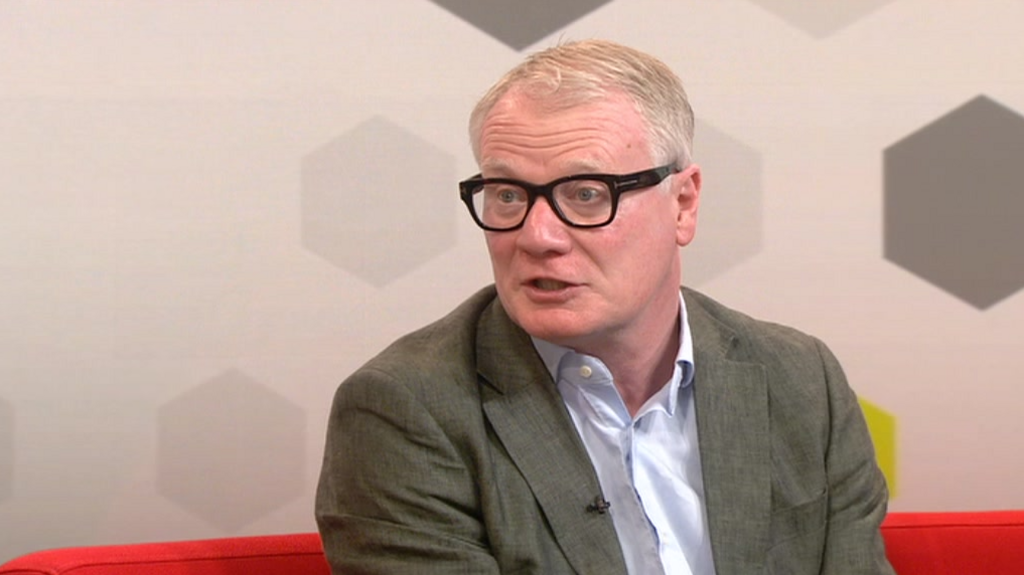
- Published4 May 2024
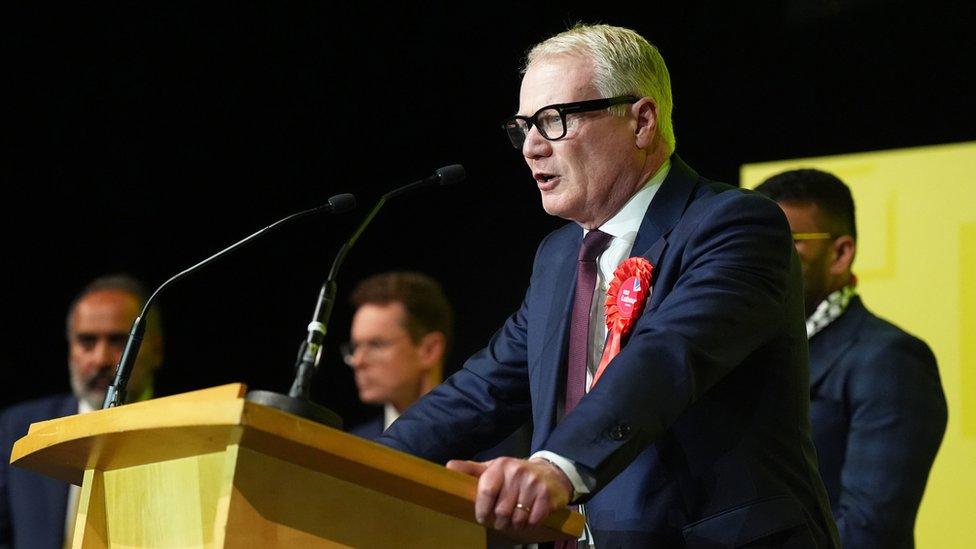
- Published23 March 2024
